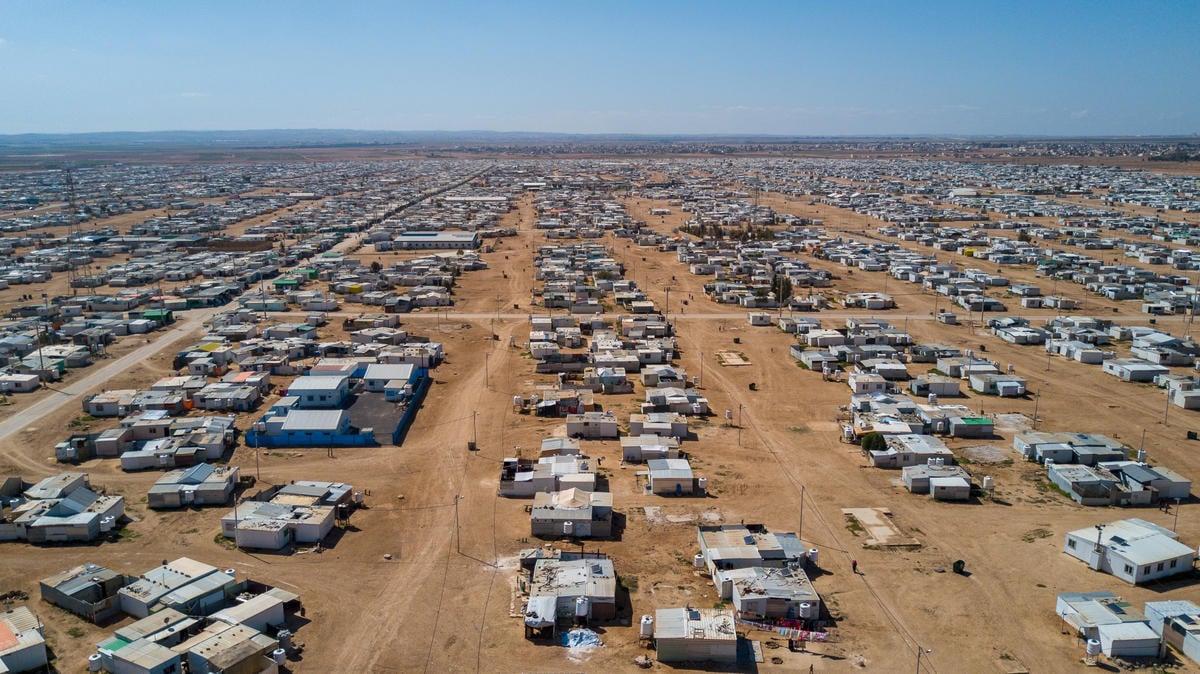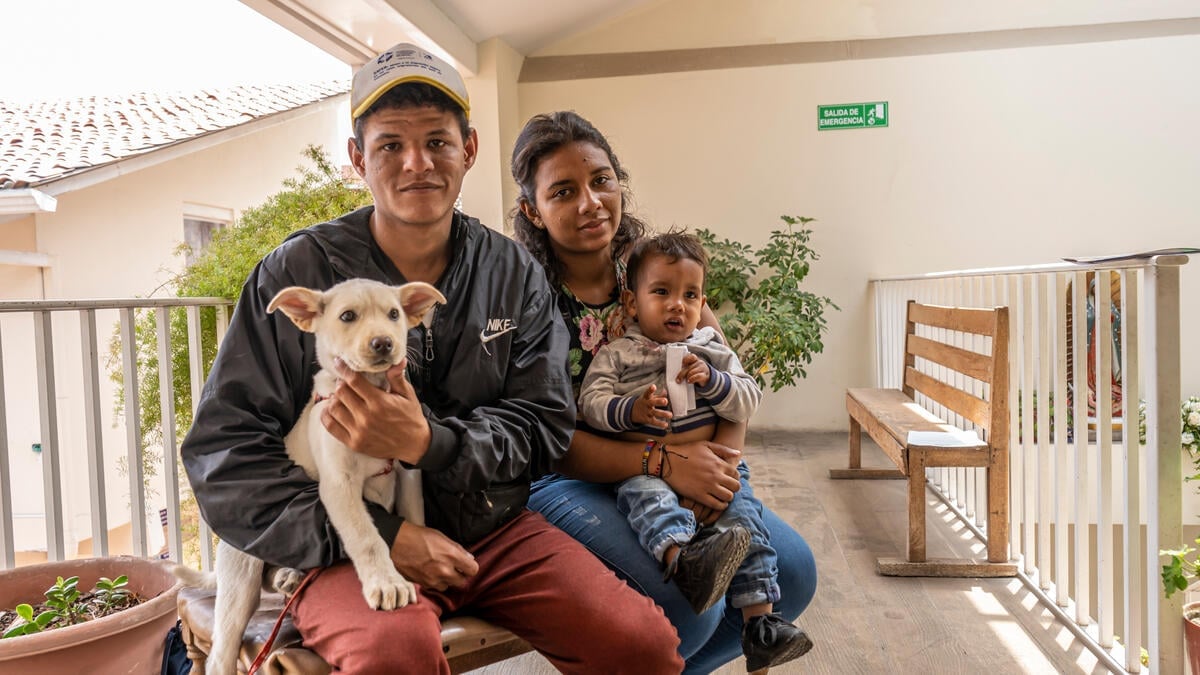Syrian refugee makes an impression at Croatian printer
Syrian refugee makes an impression at Croatian printer
For 15 years, Anass Mousa worked as a printer in Damascus, Syria. Now safe from war, the 40-year-old is putting his skills to good use at Croatia’s oldest printing company.
“I think this is my chance,” he says. “I can work in my area of experience. Printing is my hobby, my work, my life. I am never tired around these machines. I love them.”
Grafički Zavod Hrvatske (GZH) prints textbooks for schools. It is employing refugees like Anass in a win-win arrangement that could be a blueprint for social integration and a partial solution to Croatia’s labour shortage.
The idea was first proposed by Domagoj Zeba, Executive Director of Production at GZH.
“When the refugee crisis happened in 2015 I was just a normal guy, watching it all on television,” he says. “Of course, I was moved and I thought: ‘We are going to have to do something about this’. We had a war here ourselves [in the 1990s], so we have some experience of that. You cannot be cold when it comes to people’s needs.”
"I am never tired around these machines."
Until recently, five refugees were working at GZH but two left, leaving three, including Anass. The company is open to hiring more. Zeba wants reliable people who will stay a meaningful length of time and whom he could perhaps promote.
Tamara Karakhanova, 40, is an Armenian who fled to Russia during the conflict between Armenia and Azerbaijan at the time of the Soviet collapse. Her family did not settle well in Russia and sought asylum in Croatia in 2012.

“It was quite a long process,” says Tamara. “We were in a reception centre for a while. Now we rent our own house and our kids are getting the education they missed. Our daughter wants to be a make-up artist and our son is interested in computers.”
Low-paid catering and delivery jobs can be a lifeline for refugees, who may not have brought education certificates or proof of previous employment from home. This means they are entered into the employment database as ‘unqualified’.
The Croatian Employers’ Association (CEA) is frustrated by bureaucratic barriers like these which deter many companies from hiring refugees under a government scheme.

The scheme aims to help the unemployed by offering internships, on-the-job training and subsidies for employers. However, only a few small firms including GZH have taken on refugees under the scheme, while some 40,000 jobs nationwide remain vacant.
“It is a great loss for refugees and for our society,” says CEA director Marija Šutina. “We would like to see those who are qualified, or could be re-qualified, moving to better jobs, with better rights. Specifically, we would like to see them moving into manufacturing.”
Croatia has a population of some four million. Since 2004, it has officially granted international protection to 720 refugees.
For Anass, the printing job is a good opportunity. It offers him the chance to become established in Croatia and maybe one day reunite with his wife Rama, who is still waiting in Syria.
When his Croatian improves, he will be able to read instructions and move on to more complicated jobs than the paper folding and stacking he currently does. He is doing his best to learn the language in his spare time.
“I am happy with this simple start here,” he says, smiling. “I don’t have the time or strength to move around anymore. I need to build something up now for myself and my wife. The good times are starting. I can feel it.”










